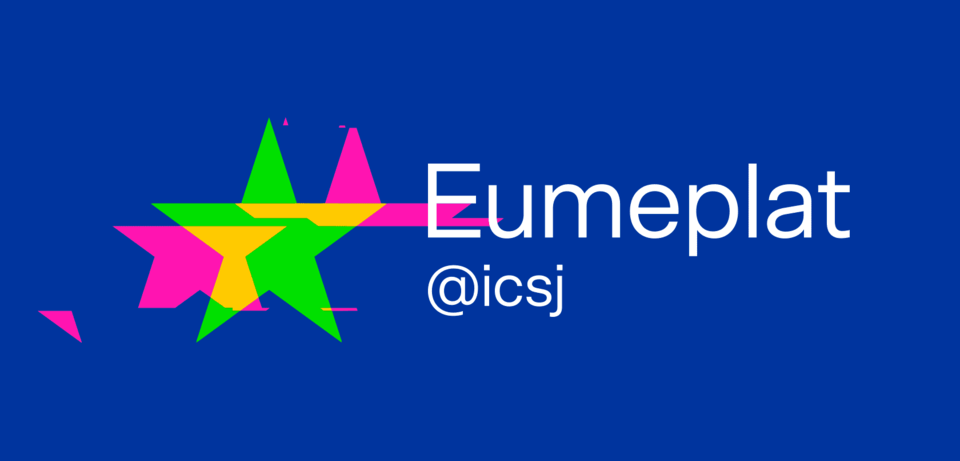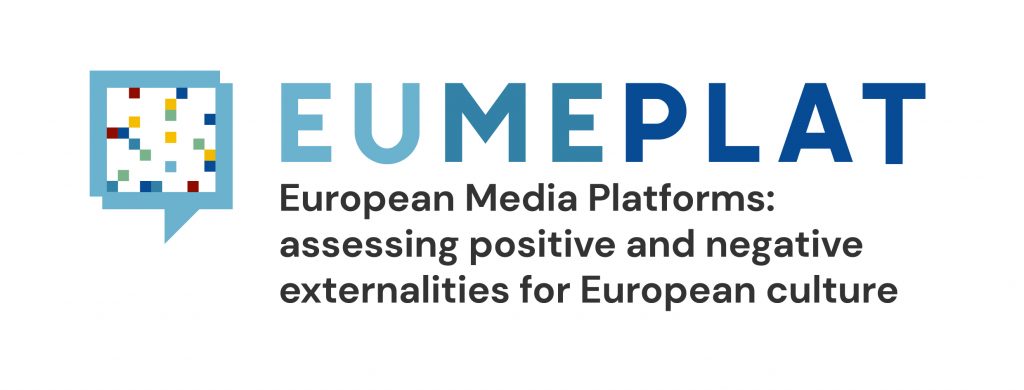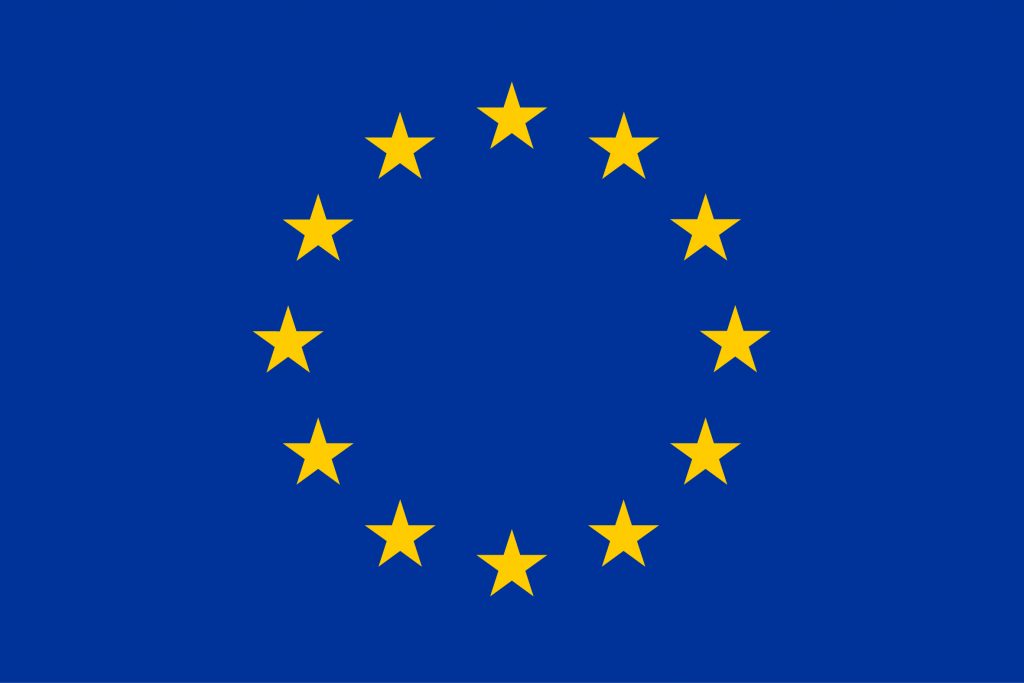This is an archived website, with no changes made after 28 March 2025.

The Institute of Communication Studies and Journalism at Charles University was one of the partners of the Eumeplat Research Programme. At ICSJ, we studied how localized media platforms such as YouTube, NewsFeed, or Netflix influenced our perceptions of “European identity”.
We studied how media platforms or TV series on streaming services contributed to the ideas that we had about Europe and what it meant to be European. We looked at anti-European fake news, the representations of immigration and gender in European media, and the struggle between US-based platforms and European policies. The project pointed out that the European dimension was never obvious in the media landscape. This manifested itself at various levels in the so-called creative industry. The film industry counted more on national productions or cultural imports from the most influential countries, while American companies owned commercial web platforms.

The interdisciplinary approach included a historical analysis of the European media and its legislation and a theoretical prediction grounded in data to highlight possible changes in the European media landscape. With the help of all partners from different European countries, we believed we would reach a deeper understanding of what European culture and media meant in the 21st century.
More about the Research Programme
The project, funded in the framework of the Horizon 2020 Programme, ran from March 2021 to February 2024. It was coordinated by IULM-International University of Language and Media (Italy). It gathered 11 other partners from 10 countries: Leibniz-Institut für Medienforschung | Hans-Bredow Institut (Germany), New Bulgarian University (Bulgaria), UNIMED-Mediterranean Universities Union (Italy), Foundation for the Open University of Catalonia (Spain), Ghent University (Belgium), Bilkent University (Turkey), National and Kapodistrian University of Athens (Greece), ISCTE-University Institute of Lisbon (Portugal), Ca’ Foscari University of Venice (Italy), IKED Association (Sweden), Charles University (Czech Republic).
The main goal of the project was to analyse the role of media platforms in shaping a European identity, to identify best practices, and to provide policy-makers with a better understanding of critical aspects of the contemporary media landscape.

Any dissemination of results and any communication must indicate that it reflects only the author´s view and that the Agency is not responsible for any use that may be made of the information it contains.